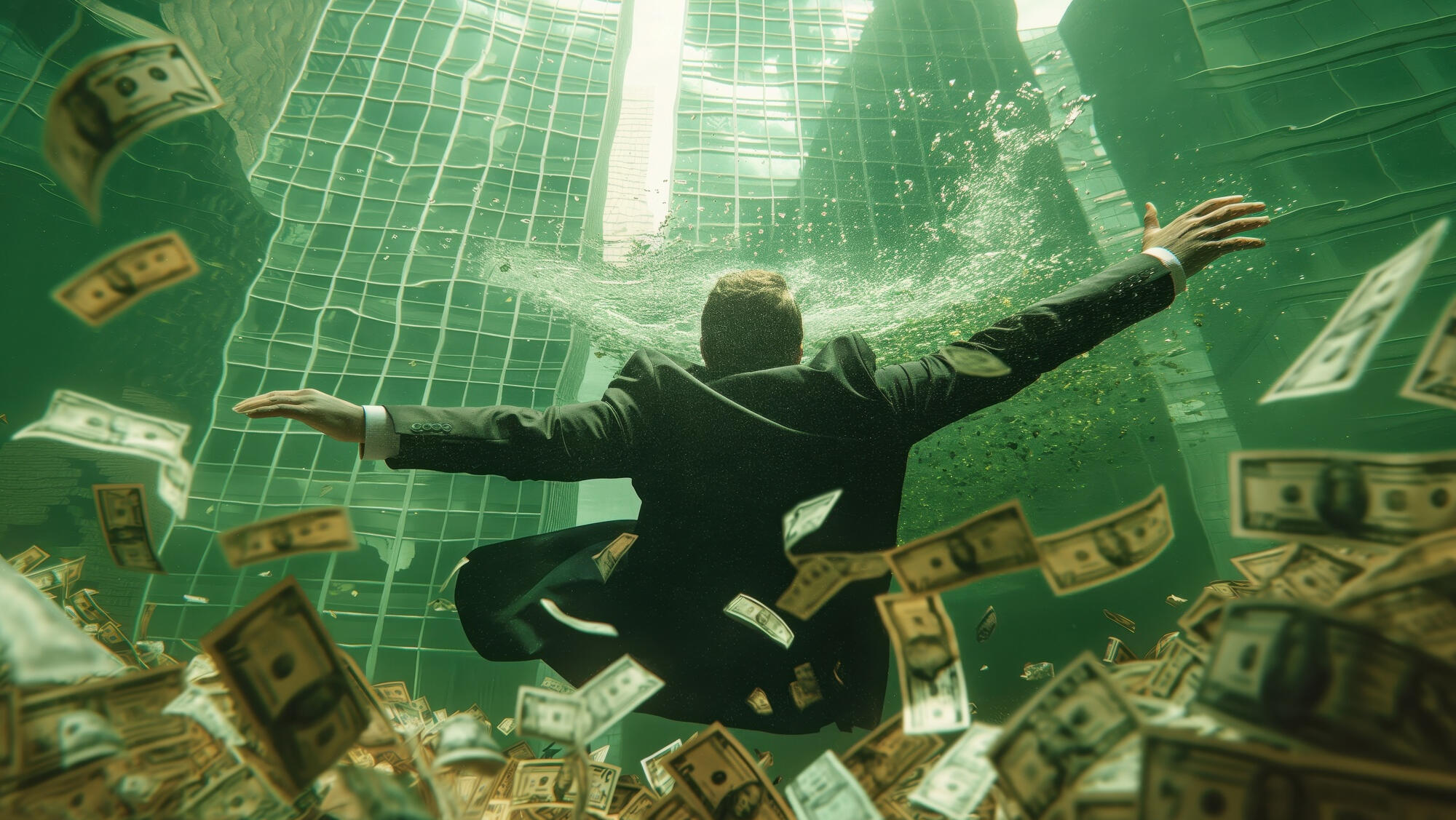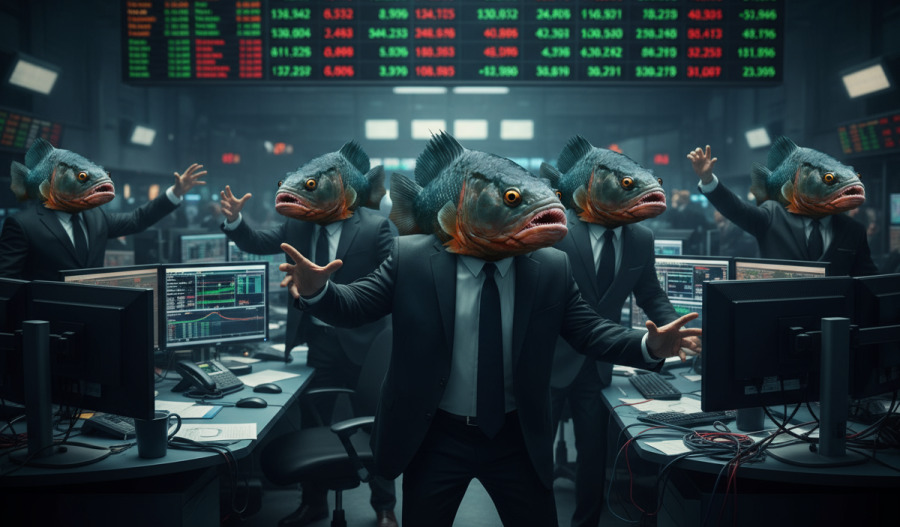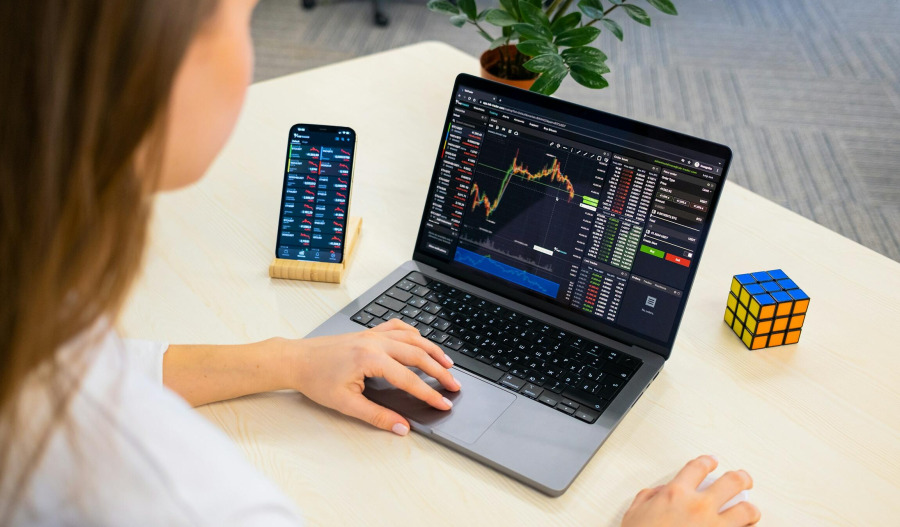The world's most valuable company NVIDIA just announced it's investing US$100 billion in OpenAI - roughly the GDP of Slovakia - as Fed chair Jerome Powell admitted that managing the economy is akin to juggling flaming torches blindfolded. As Gold reached US$3,750 an ounce, Reece surged 12% on a $250 million buyback, and the Chicago Bears are now valued at US$8.9 billion - also more than most small countries.
All the top moves, shakes, and red-hot takes from Azzet's editorial team are right here in your weekly business wrap every Friday (19 September, 2025).
The AI gold rush gets expensive
NVIDIA's 10-gigawatt OpenAI deal equals the power consumption of 8 million homes just to make ChatGPT smarter, with Jensen Huang describing it as "monumental" and the first phase targeting late 2026 using the former's Vera Rubin platform.
Elsewhere in tech, media reports suggest Ellison, Dell and Murdoch are taking over TikTok as Apple manufactures new chips for its iPhone lineup and Intel seeks investment from Apple.
Cloud computing giant Oracle named new co-CEOs from its infrastructure division, and mem maker Micron delivered massive Q4 earnings riding the AI wave, and Xiaomi unveiled new smartphone lines - another Chinese manufacturer not waiting for permission to go global.
Military technology firm DroneShield achieved record growth rates as defence spending gains momentum during heightened global tensions.
Powell's balancing act
The Fed cut rates by 0.25% but Powell clarified this isn't 2008-style crisis management, with inflation sitting at 2.7%, unemployment rising, and the challenge of cooling prices without destroying employment, requiring precision during economic uncertainty.
Australia's pursuing its own path - inflation CPI reached 3% whilst core inflation is easing, Australia's central bank sees more room for cuts, and economists believe global GDP growth exceeds expectations, though previous forecasts were pessimistic.
Economic data shows the U.S. economy expanded 3.8% in Q2 - fastest pace in two years - but American workers face benefit cuts as the president cancels meetings ahead of potential government shutdowns, creating simultaneous growth and contraction.
Geopolitical complexity
Trump's foreign policy spans multiple contradictions: initially offering support for Argentina's economy, then later pledging $20 billion in swap lines, boldly claiming Ukraine can reclaim territory from Russia, aggressively targeting tech talent with $100,000 visas, even as he shifts foreign aid funding to "America First" initiatives.
Trade negotiations around the proposed U.S.-South Korea investment deal could trigger a regional crisis as military tensions escalate with German jets pursuing Russian aircraft, defence ministers from the UK and Poland preparing to intercept Russian drones and Ukrainian forces striking Gazprom facilities twice this week, prompting President Zelenskyy to warn that Russia poses global threats.
Natural disasters compound geopolitical tensions as Typhoon Ragasa made landfall in southern China, creating supply chain disruptions, as military leadership responds with the Pentagon instructing media to withhold sensitive information whilst defence officials summon top commanders to Virginia.
Winners and groaners
Dutch brewing giant Heineken acquired Central American breweries for US$3.2 billion, wagering that beer demand remains resilient, as Warren Buffett's Berkshire Hathaway completely exited BYD - the Oracle of Omaha's full departures deserve attention.
Retail giant Amazon is closing 19 stores in the UK, luxury carmaker Porsche reduced guidance and delayed electric SUVs, and coffee chain Starbucks faces a US$1 billion restructuring charge, signalling broader caution across traditional sectors.
Real estate presents mixed signals: property data shows new home sales achieved three-year highs as market boffins see existing home sales stalling, mortgage lender Fannie Mae forecasts sub-6% rates by 2026 - still elevated historically - as real estate firm Compass acquired Anywhere Real Estate and investment firm Castleforge invested in London offices.
Industrial concerns escalate as the UK government considers purchasing from JLR suppliers amid potential shutdowns, indicating escalating manufacturing pressures.
Markets and movements
Mining company Lithium Americas gained 95% on reports of the Trump administration buying a stake, as copper producer Freeport declined on Grasberg's shortfalls.
Precious metals continue rallying lead by gold touching US$3,750 and driven by Fed uncertainty.
There was widespread hedging across markerts as central banks, led by China, continued accumulating reserves. Goldman Sachs says it's targeting US$4,000+ prices for bullion.
Interestingly, Goldman's hedge funds are increasing positions in banks and insurers.
Watchdogs are telling private credit sectors to improve performance standards; and market analysts raised questions regarding the small-cap recovery sustainability.
Australian retailer Myer reported $211 million in losses after apparel brand acquisitions (retail remains challenging) - and financial firm Macquarie committed to repaying failed super fund investors - although regulatory body ASIC says fund collapse investigations are ongoing.
Fashion brands Nike and Skims launched their collaboration, as healthcare stock Kenvue shares declined on Trump's autism-related statements - funny that political rhetoric moves healthcare stocks faster than clinical developments.
And sports franchises reached new valuations in this week of business, with the Chicago Bears' US$8.9 billion record price, suggesting capital seeking alternative assets with professional teams are now trading at sovereign wealth fund levels.



